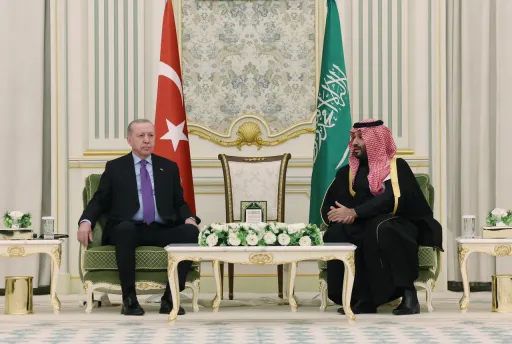Cameroon holds presidential elections on Sunday with 92-year-old Paul Biya, the world's oldest serving head of state, seeking to extend his already 43-year rule.
The eight million Cameroonians who are eligible to vote in the one-round election have, for the most part, only known one ruler in their lifetime.
Biya has been in power since 1982 and has won every election in the past 20 years by more than 70 percent of the ballot. He is widely expected to win again this time around.
Biya has kept his customary low profile during the campaign, appearing in public on Tuesday for the first time since May, looking visibly fit.
He held a rally in Maroua in the strategic Far North region, which has 1.2 million eligible voters and makes up the second largest voting bloc in the country.
For years, it was considered a Biya stronghold but several former allies from the area are now running against him.
Biya’s rivals
Biya’s 12 opponents have made numerous public appearances in recent weeks, each promising a new dawn for Cameroon in place of Biya's entrenched hold on public life.
The president's main rival, former employment minister Issa Tchiroma Bakary, also campaigned in the regional capital Maroua this week.
Bakary, 79, who resigned from the government in June to join the opposition after 20 years at Biya's side, is the leading challenger after top opponent Maurice Kamto was barred from the race.
Kamto came second in the 2018 presidential election but was banned from standing this year by the Constitutional Council after a faction of his party fielded a different candidate.
Biya is only the second president Cameroon has had since independence from France in 1960.
It is central Africa's most diversified economy with an abundance of natural and agricultural resources.
Observers allowed
Cameroonians complain about the high cost of living, a lack of clean drinking water, healthcare and quality education.
Polling stations open from 8:00 am to 6:00 pm (0700 to 1700 GMT).
The government has authorised 55,000 local and international observers to monitor the vote, including representatives of the African Union.
The Constitutional Council has until October 26 to announce the final results.
The vote takes place in the shadow of a conflict between separatist forces and the government that has plagued the English-speaking regions since 2016. Turnout was particularly low in these areas in 2018.























